Important information if you are a plot owner
Thornbury Town Council routinely carries out inspections of all memorials at Thornbury Cemetery. All burial authorities have a legal obligation to do this, as memorial safety is tightly legislated by central government. This is due to a number of historic accidents in cemeteries where people, particularly children, the elderly, and other vulnerable visitors have been injured or killed by loose masonry. It is important that we do everything reasonable and required of us to keep users of the cemetery safe.
Memorial testing involves two phases, a visual inspection and a force test. If excessive movement or other defects are found, the plot owner is contacted to let them know what they need to do next. In some instances, where the memorial is graded as a hazard, the inspector must take action to prevent the stone falling, which might mean laying it down first. Our inspectors are trained in the appropriate process by the Institute of Cemetery and Crematorium Management, to protect memorials and treat them with dignity.
Once a hazard has been identified, we cannot leave it in place and have to take immediate action to make it safe. This is why we contact the owner afterwards, rather than speaking with them first. It can also be very difficult to contact owners if they have moved away, changed address, or died, and the family haven’t updated us. It is really important that you let us know when your details change, so that we can make sure our records are correct.
We require memorial masons carrying out restoration work to be a BRAMM or NAMM accredited memorial mason, working in line with British Standard BS8415. A list of accredited masons can be found on the websites of the British Register of Accredited Memorial Masons and the National Association of Memorial Masons. We’ll give you full details of your options in the letter that goes out to plot owners with a headstone that has failed inspection.
We have a well trained, sympathetic and approachable team of grounds staff at the cemetery, who whilst very eager to assist you, are not the right people to deal with complaints about legislation and government requirements. If you have concerns about the inspection process, they will direct you to the office at the Town Hall, where we can talk you through it. We have a ZERO TOLERANCE approach to abuse directed at our staff.
